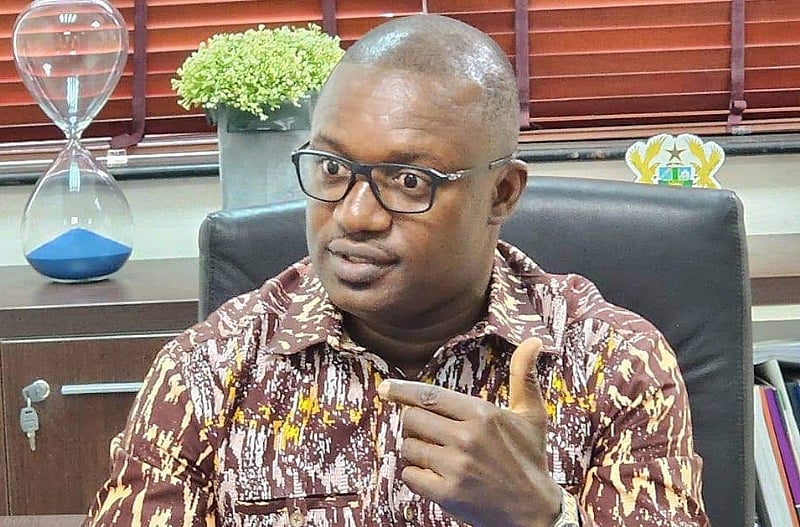The Ghanaian energy sector, a crucial pillar of the nation’s economy and development, is facing significant challenges, primarily related to operational inefficiencies and a substantial debt burden. Minister for Energy and Green Transition, John Jinapor, has taken a firm stance against these issues, issuing a stark warning to administrative officers within the sector. He emphasized a zero-tolerance policy for underperformance and sabotage, stating unequivocally that any official found negligent or obstructive will be dismissed, irrespective of their position. This decisive action underscores the government’s commitment to reforming the sector and ensuring its long-term viability. The Minister’s strong words are not merely rhetoric; they represent a critical step towards accountability and performance improvement within the energy sector. By directly addressing the issue of non-performance, the Minister aims to create a culture of responsibility and efficiency, essential for achieving the sector’s goals.
The financial strain on the energy sector is a major concern, with over GH¢3 billion in outstanding payments owed to power generation companies. This substantial debt forms part of a much larger sector-wide debt, previously estimated at around GH¢80 billion. This inherited debt significantly hampers the sector’s ability to invest in critical infrastructure upgrades and expansion projects, directly impacting the reliability and accessibility of electricity for Ghanaians. While the recent appreciation of the Ghana cedi has provided some relief, reducing the overall debt burden, the fundamental financial challenge remains. The Minister’s acknowledgement of this financial strain highlights the government’s awareness of the issue and its commitment to finding sustainable solutions for long-term financial stability.
Minister Jinapor’s commitment to accountability extends beyond mere pronouncements. He has directly involved the Energy Committee of Parliament and the Cabinet in addressing these critical issues. This collaborative approach seeks to leverage the collective expertise and oversight capabilities of these bodies to ensure transparency and effective implementation of corrective measures. By seeking the support and collaboration of these key stakeholders, the Minister is demonstrating a commitment to a comprehensive and inclusive approach to reforming the energy sector. This collaborative effort is essential for building consensus and ensuring that the necessary reforms are implemented effectively and sustainably.
The Minister’s stern warning serves as a clear message to all stakeholders within the energy sector: performance and adherence to established procedures are paramount. This message is intended to foster a culture of accountability and professionalism, essential for achieving the sector’s objectives. By setting clear expectations and consequences for non-performance, the Minister is creating an environment where efficiency and effectiveness are prioritized. This, in turn, will contribute to improving the overall performance of the energy sector and enhancing its ability to meet the nation’s growing energy demands.
The financial challenges facing the energy sector are significant, but the recent appreciation of the Ghana cedi offers a glimmer of hope. This positive development provides an opportunity to reassess the debt situation and explore strategies for further reducing the financial burden. It also underscores the importance of sound economic policies and the interconnectedness between the energy sector and the broader national economy. The government’s commitment to addressing the debt issue is crucial for ensuring the long-term sustainability of the energy sector and its ability to contribute effectively to national development.
In conclusion, Minister Jinapor’s decisive actions and commitment to accountability represent a crucial step towards revitalizing the Ghanaian energy sector. Addressing both operational inefficiencies and the substantial debt burden is essential for ensuring the sector’s long-term viability and its ability to meet the nation’s growing energy needs. The collaborative approach involving the Energy Committee of Parliament and the Cabinet demonstrates a commitment to transparency and inclusivity in implementing necessary reforms. The recent appreciation of the Ghana cedi offers a window of opportunity to further address the debt challenge and build a more sustainable and efficient energy sector for the future. The Minister’s firm stance and commitment to reform signify a positive step towards a more robust and reliable energy sector, crucial for Ghana’s continued economic growth and development.














